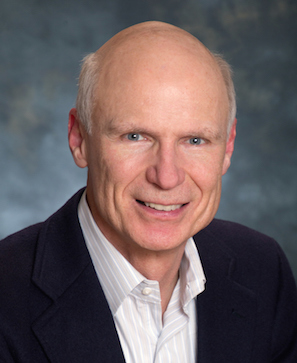The Medical Device Development Process and Quality System Regulations
Date and time
Location
James H. Clark Center, S361
318 Campus Drive Stanford, CA 94305Description
This session builds on the foundations discussed in the first two sessions of the UCSF-Stanford CERSI medical device mini-course series. Upon completion of this session, students will be able to:
- describe a typical device development life cycle, major project phases, and important design and regulatory activities within each phase
- explain the role of the design controls regulations in medical device development
- describe the importance of risk analysis and planning in guiding the development process
- explain the role of design reviews, the design history file, and record keeping in the development process
- list FDA terminology for design controls
- explain differences between verification and validation testing
Who should attend
This mini-course will be most valuable to students and professionals who need an understanding of how to get medical devices into the US market while respecting FDA regulations. The course is geared toward entry level students who need to gain an understanding of submissions for the first time. Engineers, managers, supervisors, scientists, technicians, and other personnel involved in product development, manufacturing, quality assurance, or regulatory affairs that do not have an in-depth knowledge of medical device submissions will benefit from this course.
Instructor
Michael D. Quinn is a management adviser for early stage medical device companies helping to guide product development and build company infrastructure. Over the course of his career, he developed numerous medical products as an engineer and helped start new companies as an entrepreneur and executive team member. He began his career with Edwards Laboratories, now Edwards Lifesciences, where he developed catheters and instrumentation to improve cardiovascular monitoring. Later he joined Nellcor, now part of Medtronic, and expanded their pulse oximetry and respiratory monitoring products. More recently, he helped launch several medical device companies as Vice President, Research and Development. His consulting activities include developing regulatory strategies, quality systems, and funding strategies. Product areas include cancer diagnostics, diabetes management, inhalation drug delivery and imaging-based cell counters. He earned a B.S. in Electrical Engineering from the University of Massachusetts, and M.S. and Ph.D. degrees in Biomedical Engineering from the University of Southern California.

Organized by
Center of Excellence in Regulatory Science and Innovation is a partnership between University of California San Francisco (UCSF), Stanford University and U.S. Food and Drug Administration (FDA).